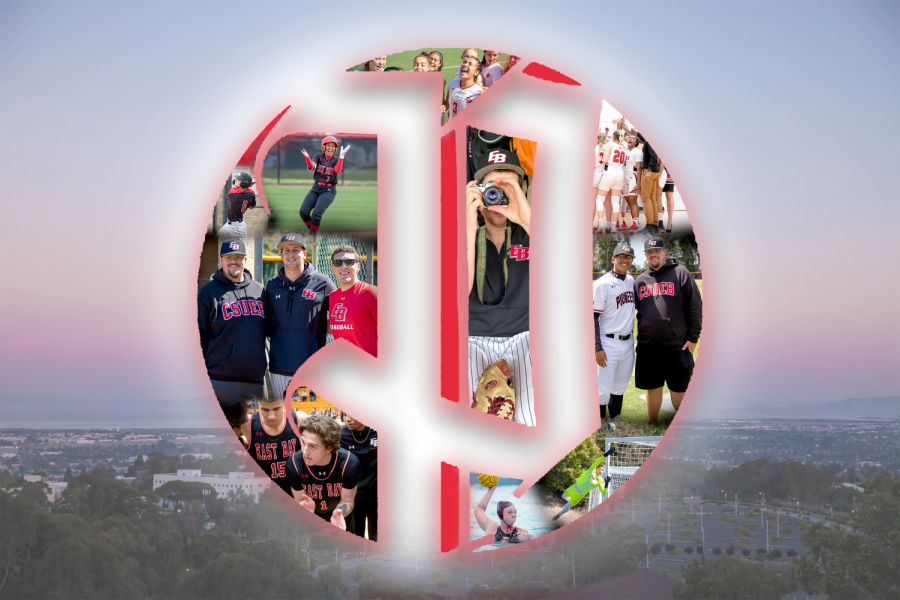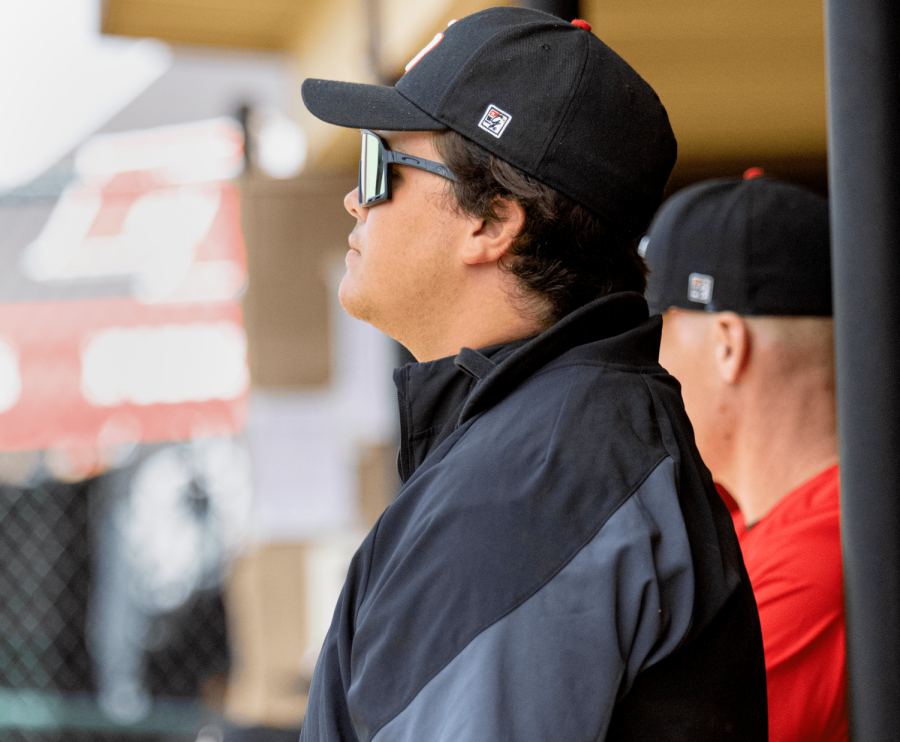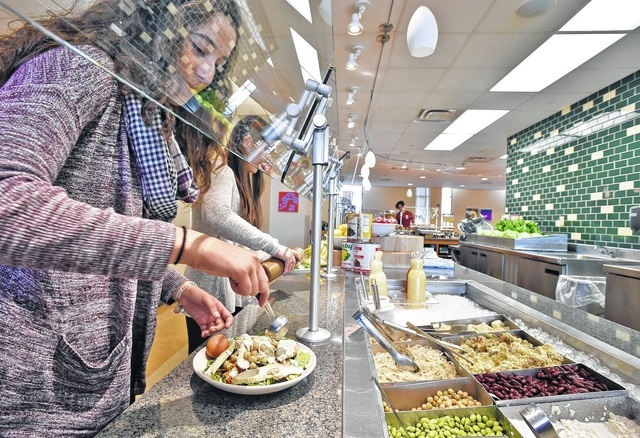This year’s general election will gravely impact college students across the country and indeed those at CSU East Bay.
In the 2008 election, Americans between the ages of 18 and 29 were part of the largest group in their age bracket to support a single candidate and the second largest youth voter movement in American history at over 22 million votes. This is an increase of 1 to 6 percentage points over the estimated youth turnout in 2004, and an increase of between 8 and 13 percentage points in the turnout for the 2000 election.
The growth is indicative of students wanting to have their voices heard, however, we fail to recognize how much research has been done on the part of those students.
An estimated 65.6 million people tuned in to watch Tuesday’s second presidential debate between President Barack Obama and Republican candidate Mitt Romney. It was carried across 12 networks and drew in over 65.6 million viewers. Of that total amount, only 11.2 million were between the ages of 18 and 34, consisting of the smallest population viewing the debate.
The candidates at the forefront of the election are putting forth very different arguments, both of which cannot be taken at face value. It is imperative that students not only view these debates so as to understand that candidates will not always be candid in the eye of the public, especially during the debates, but to realize that more is needed on their part to research the topics.
As the most powerful voting group in the country, it is imperative that students do their research on the topics that will shape the future of their country. Students should be proactive in politics because it directly affects them. Furthermore it allows students to have an opinion on issues like health care, pay equity, immigration, education funding and many other issues that will affect their futures.
CSUEB students need to be particularly mindful of the political arena this fall. There are some students on this campus, like Aisha Wahab and Cal Nassei, who are working diligently to remind students of how important their voices will be this election.
Wahab, Graduate Assistant at the Diversity Center, was one who, in conjunction with the CSUEB Young Democrats, spearheaded the presidential debate screenings on campus. Wahab pointed out these screenings were held in order for students to get more politically involved regardless of political affiliation, despite the audience’s primarily democratic makeup.
Nassei is working with other CSUEB students on reviving the College Republicans, which was active last year and hopes to engage more like-minded students on campus to find venues for political activism.
As today’s students wrestle with increasing tuition, sparse financial aid options and a bleak overall economical outlook in the country, at least over the next couple of years, it begs to be asked what choices are available for these fledging generations. One reality is for students to get in the habit of fully engulfing themselves in the processes that are working to either benefit or restrict them. By this, we mean to fight.
Wahab and Nassei serve as powerful role models for CSUEB students on how they can contribute to the future of their country. But there are many other ways to become engaged. For the past year in the Bay Area and across the world, hoards of individuals and organized groups within these populations have taken to social activism to voice their opposition to powers that clutch the reigns of authority.
Local, state and federal government, academic institutions, military leadership and others are instrumental in our country’s democratic process, and, along with elected and assigned representatives, act as extensions of our own directives in proposing and implementing legislation to support our preferences.
It can be argued that in every social movement in the recent history of this country, students have played an intricate role. In the 2008 election, students realized the power of their voice, as they defined the course of history. We hope that students will show up to vote at even higher rates and more informed on the issues.
The course of history will once again rest on their shoulders. Students need to remember just how powerful their well-informed votes could be.











